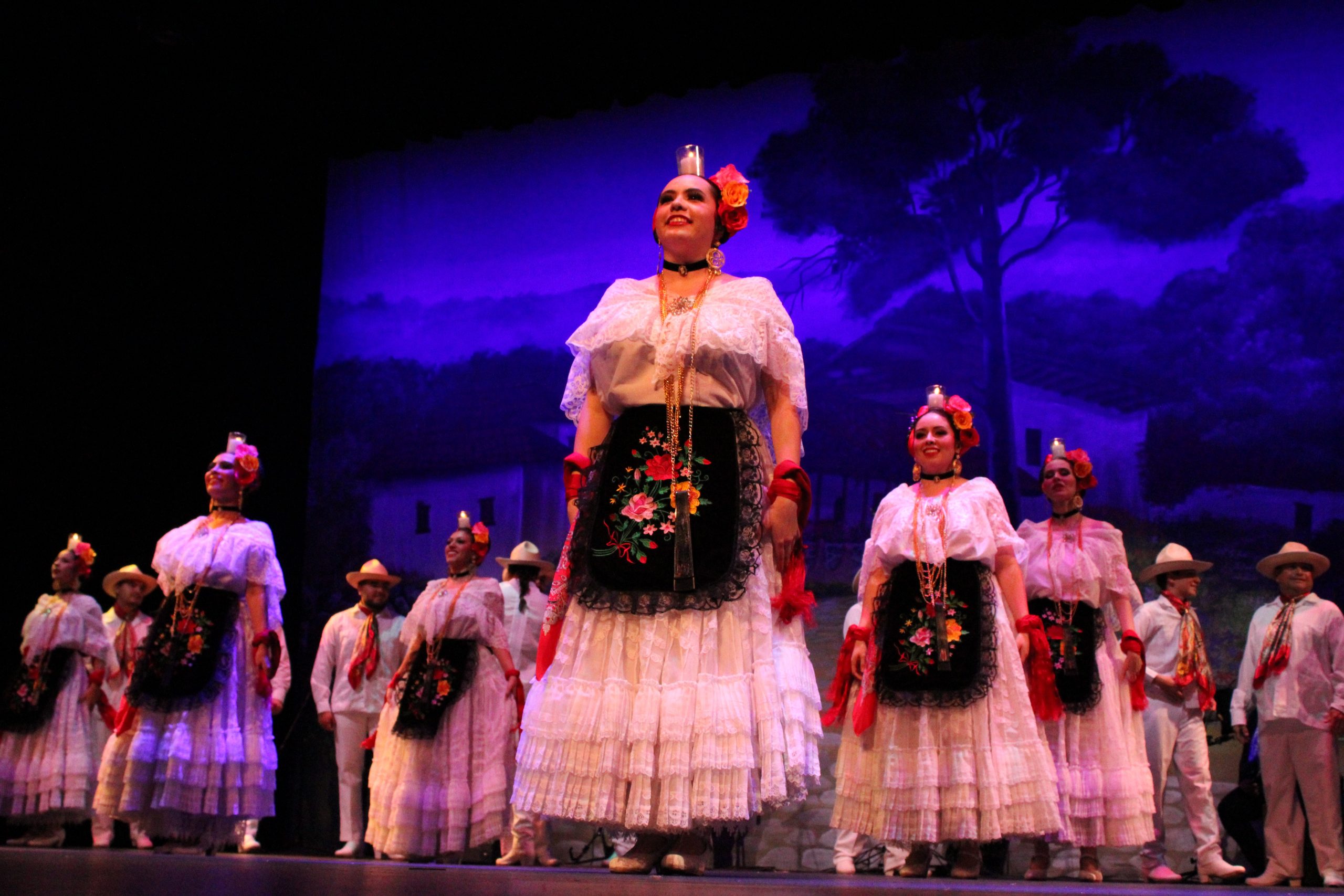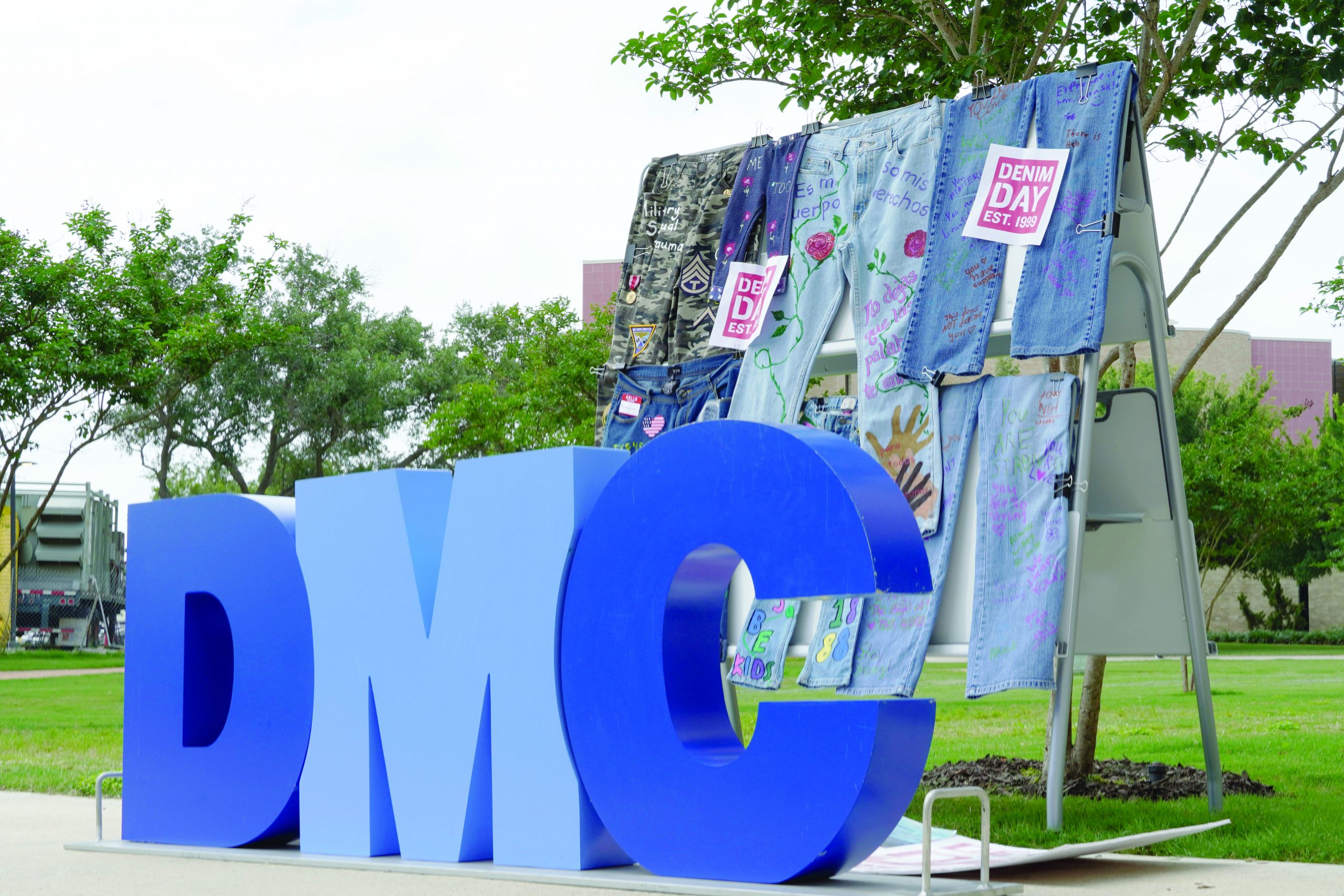Social media
blackout forces
students offline
Kayliegh Benck / Reporter

Sydney Velasquez didn’t know what to expect when she signed up for the social media blackout as part of her mass communications class.
“It was weird when I was waiting for my rides,” Velasquez said. “I’m used to playing Candy Crush or whatever.”
For 48 hours, six students from Journalism Professor Robert Muilenburg’s class participated in a complete social media blackout. Phones were turned in Nov. 19 with the promise of receiving them at 1 p.m. Nov. 21. The rules were simple: no phone, no form of entertainment involving the Internet — basically an absolute shutdown to media as a whole.
The assignment was offered as extra credit to whoever could complete it and write a short essay explaining his or her experience sans phone. Muilenburg borrowed the idea from previous studies on disengaging oneself from the convenience social media offer.
“The whole concept is based on the idea of people disconnecting for a little while from their gadgets and maybe having the experience of spending some time with themselves,” Muilenburg said.
For those who don’t allot themselves alone time, the assignment tested them to find other things to do. Some went about their daily routines but did pop-up visits on their friends rather than calling first.
“My two best friends were probably the most distraught about the hiatus but I got to see them anyway so it made it a little better,” said student Ashley Page. “But it felt good being free.”
Others used their time away from media to reflect.
“I could’ve done this longer than 48 hours,” Jonnathan Kern said. “I was upset that he scratched the original idea of the five-day hiatus. It was liberating — no one can get a hold of you. I didn’t have anything to distract me.”
Not only did the participating students have to find things to occupy their entire day, but they also struggled with finding things to do with those “awkward moments” and random free minutes through out the day.
“It leaves you to your own thoughts, which could be a good or bad thing,” Kern said. “The good side of that is you become more introspective, you start looking at the bigger picture which is important because otherwise you just become a zombie playing Candy Crush.”
For each person, the struggle was very real but varied in its severity.
“The hardest thing for me was not knowing what to do if there were an emergency or something,” Page said.
Kern and Velasquez agreed that not being constantly entertained was one of the hardest things.
This was one of Muilenburg’s main objectives in giving the assignment.
“I wanted them to see what it’s like to not be continuously distracted by constantly being connected to their phones,” Muilenburg said. “Maybe in turn they can understand what their routine is like and how tied it is to technology.”
Previous studies exceeded 48 hours but for the sake of the class, this was the only time frame available.
“I don’t know that people disconnected as much as I wanted them to,” Muilenburg said. “In part, it wasn’t enough time. I think you really have to disengage longer than (48 hours) for this to be effective. Once you get away from (social media) for a while I think some people will get some relief after the initial shock.”
If anything, this assignment showed the participants just how reliant they were of their phones if they hadn’t already realized such. We’ve grown into a society constantly involved in other people’s business and worry about what people are going to say next before we sort out our own problems. By disconnecting, the students were given an opportunity to reflect on themselves.
“Once you can (disconnect) you can take in your environment a little more and think of things other than wondering who’s doing what when and letting everyone knowing what you’re doing whenever you’re doing it,” Muilenburg said.
Future prospects of Muilenburg’s journalism classes, look out, because this is something he plans to carry into future curriculum.




